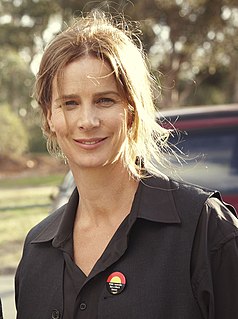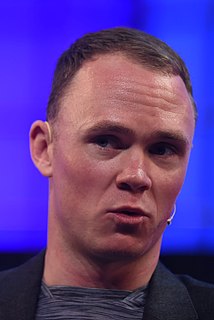A Quote by Mandip Gill
I watch a lot of British television so people like Olivia Coleman, Sheridan Smith and Jodie Comer continue to inspire me with their versatility and story telling in British television.
Quote Topics
Related Quotes
I think I've actually benefited from Australia being a kind of combination of both British and American culture. We kind of got the best of both British and American television and books, science fiction and fantasy, and so on. So I'm familiar with a lot of, for example, American books and television that a British author of my generation might not be.
The days of television as we knew it growing up are over. You have a bigger, wider world audience on the Internet, larger than any American television series. People don't watch television in the same context as before. Nowadays they watch their television on the Internet at their convenience. That's the whole wave, and it's now - not the future.
I may have disparaged the idea that people are looking at films on smaller and smaller screens... it's a shame that people have to watch DVDs with the lights on in a television-type situation where people are wandering in and out of the room. Movies are different from television, and you cannot watch movies like television. It distorts it.
What the British seem to like are television historians and naturalists, not public intellectuals. You can't help feeling that's because one supplies narrative and the other supplies facts, and the British are traditionally empiricists so they/we have a resistance to theory and to theoreticians playing too prominent a role in public life.


































